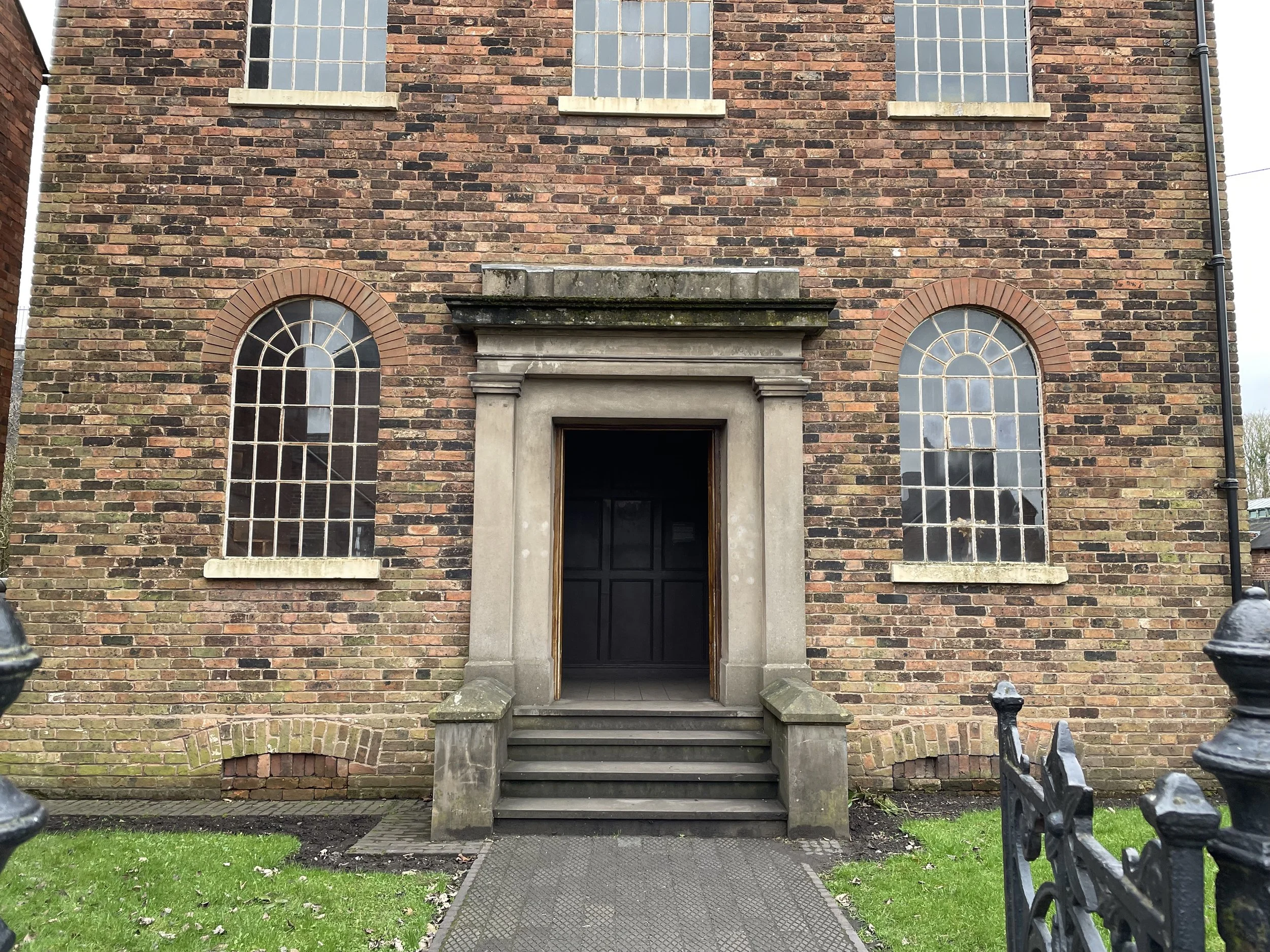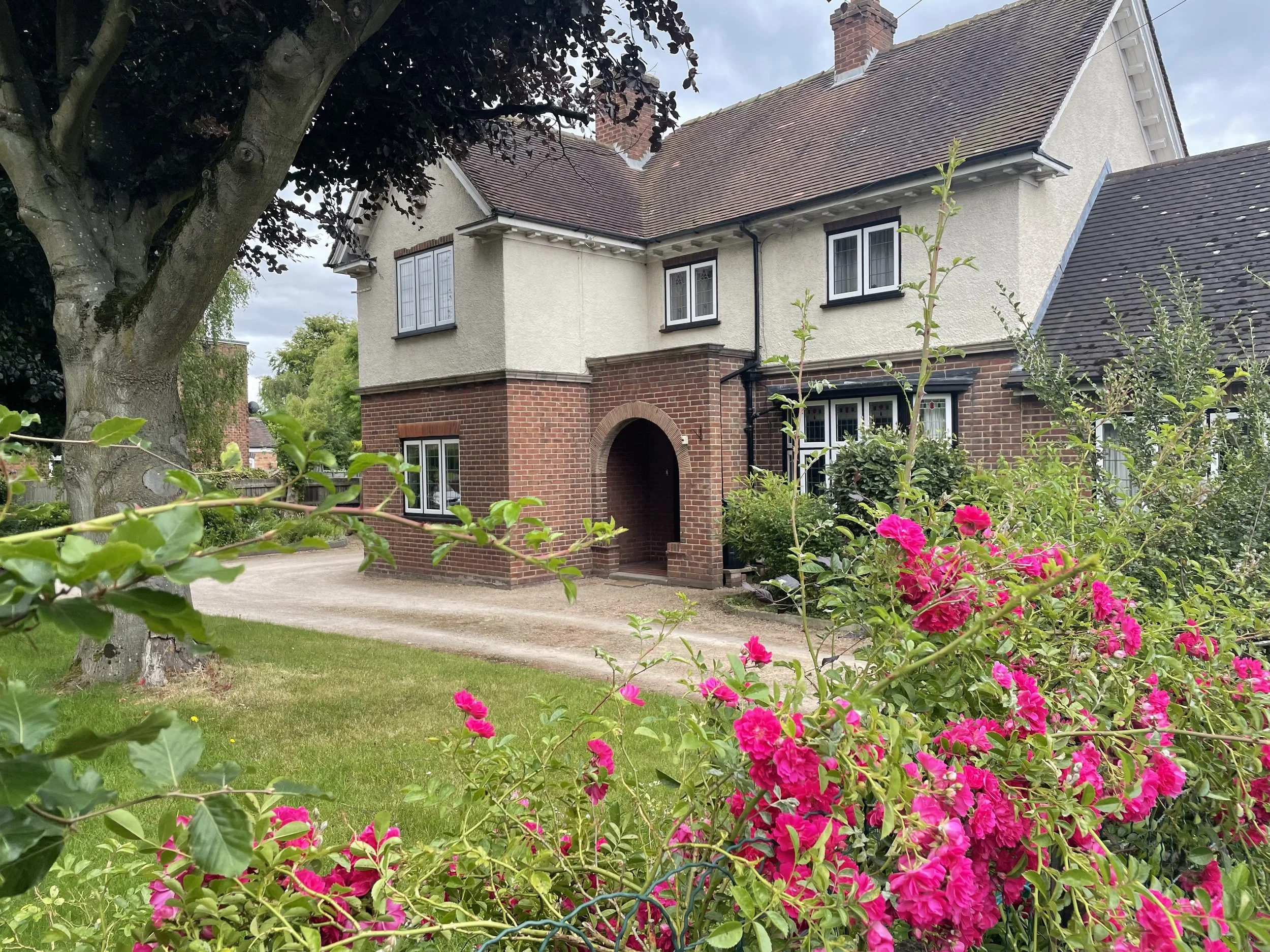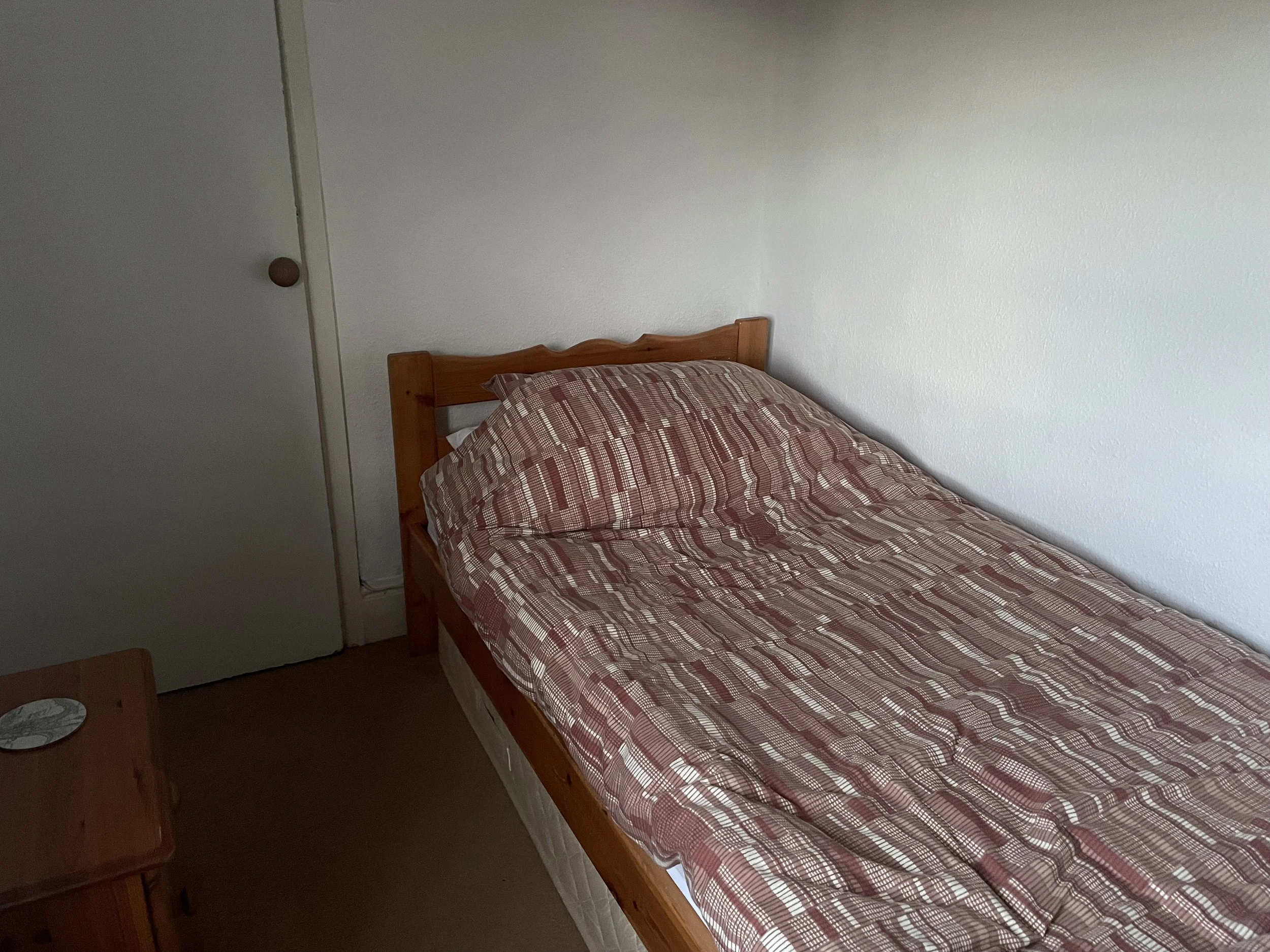TWOC’ING
TWOC’ING is a story of survival against the odds. Our protagonist, Peter Holdsworth, is framed for a crime he did not commit: Taking WithOut Consent. he serves time as a young offender, and he is then forced to join the Army. However, the Army doesn’t turn out to be what he expects …
‘Had you been conceived later than your brother; I’d have gladly had you aborted.’
The Padre thinks I should make allowances for my father’s disappointment, and that it must have been a ‘spur of the moment’ thing; but Dad’s phrasing sounded too considered, too thought out, to me. But what do I know? My mistake was being conceived; being the firstborn only made it worse.
Perhaps I should point out what I’m about to describe all started more than a decade ago – pre-Covid and all that – and Dad was wrong: I have been commissioned. However, I’m running ahead of myself. Let me start at the beginning.
Fourteen years before that chat with the Padre, I had to be present in court. Where my brother testified against me. In the end, my lawyer was begging me to plead guilty so she could do the mitigation line: first offence and all that. However, those on the bench said my offence was ‘aggravated’ and I had endangered the lives of four younger people by taking such a high-powered vehicle without consent. What could I do against the other four lads in the car telling exactly the same story: that they were just terrified passengers begging me to stop and let them out? I was sent to a young offenders’ institution. ‘Borstal,’ Dad called it, and he said I deserved it. As well as that, he said – well, I’ve already told you what he said.
After I’d been sentenced, I didn’t need Dad to tell me to keep my mouth shut about my version of events. No-one was going to find out in here I couldn’t have done what I was sent down for. I cottoned on bloody quick that those who tried to say they hadn’t done it – whatever ‘it’ was – weren’t believed: not by their fellow offenders, and not by the staff. So, I just got on with life and if my fellow inmates wanted to think I’d been done for ‘twoc’ing;’ so be it. (Taking WithOut Consent: twoc’ing. Get it?) Besides, apart from the lack of a few social niceties, Borstal and Public-School are similar. In both institutions, there is plenty of common-room rough-housing, constant bickering to sort out the pecking order, and the unwritten rules over who gets to sit where (especially when it came to the more comfortable seats).
The biggest difference was the lack of back-stabbing: here, if someone didn’t like you; you knew because they squared up to you and told you to your face. However, thanks to public-school judo, I was able to give the idiots short shrift, so mostly, I was left alone. And when I took up the offer to carry on with the judo (anything to get out of the mindless TV and computer games), even the seventeen-year-olds decided to keep away. Which suited me: it meant I only had to look out for myself – no little brother to guard. No little brother to get me into trouble …
If it hadn’t been for him, I wouldn’t have been in the car in first place: ‘it’s just a bit of fun!’ ‘We’re only going to the industrial estate, and the car’s borrowed – you don’t think George would have to steal it, do you?’ ‘And anyway, if you go home without me, what’ll Dad do to you? You always spoil my fun!’ I always was the convenient scapegoat. My brother, and his friends, were a whole year younger than me, and, ever since pre-Prep, had been my responsibility. I had to explain any scraped knees and muddy clothes, any tales of Jack, John, or Mark being ‘nasty’ to him. For the last, saying my brother deserved it didn’t wash – the sun shone out of his proverbial backside and he never, ever, did anything wrong in parental eyes.
Which is why I was the one in ‘Borstal.’ As far as the staff were concerned, I did as I was told. With my criminal history, it was somehow obvious I should become some sort of engineer. It helped we had a retired motor mechanic coming in once a week. So, plenty of time was spent stripping down and rebuilding the old cars ‘kindly donated’ by local do-gooders: not that we could ever repair them enough to drive them anywhere ... Academically, for a youth offender, I did very well in my GCSEs: ‘You’re really bright, Holdsworth! If you could get over the silly mistake that brought you here, you could go far.’ By the way, that was another common ground between public-school and this place: no given names. Nobody ever called me Peter.
Could go far? Not if Dad was going to be involved. Perhaps I shouldn’t have been such a good inmate. Before I knew it, I’d been put up for early release so I didn’t have to be sent to a young adult institution. Barely even started on my A-levels, but I could, so they said, go back home and attend the local sixth-form college.
Being back home after two years and nine months away was – strange My room was untouched, the clothes no longer fitted. Dad had decreed the door was to be kept closed: unless my little brother wanted anything – then he could take it. However, I could not take it back.
So, when I caught him in my room, staring at my few remaining books, I went for him. In seconds he was on the floor with me on top of him. Judo is so useful. The tears started immediately, but I was beyond sympathy.
‘I know what happened in that car. So do you! And one day, you’ll tell the truth!’ I hissed into my brother’s ear.
‘Let him go – or your mother’s calling the police!’ Dad was in the doorway. I guess he knew better than try to pull us apart. He knew, and I knew, that I was out on licence and any new charges would mean an instant return inside. At that moment, the thought didn’t sound all bad, but I let my snivelling brat of a brother get up and scuttle away into his mother’s waiting arms.
Dad just stood and shouted. I lay on my bed and let him – which infuriated him even more. Basically, I could not be trusted. My brother – who had done so well away from my ‘pernicious influence’ – was to do A-levels and go to study law.
I did interrupt at that point. Only to enquire who had chosen the career path. Dad evaded the issue:
‘What your brother does, or doesn’t do, is no concern of yours! At least he has a university career ahead of him: they’re talking Oxbridge!’
I didn’t point out that all public schools talk Oxbridge. Before I’d been expelled, and before I’d even started on my GCSEs, they’d talked Oxbridge to me. As if that was everyone’s idea of the pinnacle of educational achievement. Anyway, I was to keep out of my brother’s way. Lucinda was coming round.
‘What’s Lucinda – whoever she is – got to do with it?’ It was the first I’d heard about Lucinda.
‘George’s sister. You know George. The one you tried to get into trouble.’
Yes, I knew George, scion of the family that owned half the county, and reckoned the law did not apply to them. After all, they can drive for miles without leaving their own property: George had driven tractors since he could reach the pedals when he was ten! Lucinda was his little sister. I was told she had been my brother’s girlfriend for the past six months. Also, both families approve, and have high hopes of, the relationship. Which I was not to jeopardise by either word or deed.
The long and the short of it was, given my ‘propensity to violence’ (‘obviously the only thing you learned at Borstal’), I was to join the army. There were no other options. Correction: no other options Dad would support. I was confined to my room – on pain of that phone call to the police – for the evening and night, so that Mum, Dad, my brother and Lucinda could enjoy some ‘special time’ together. The next morning, I was booted out of the house and told not to come back unless it was with the forms so I could join up. Unfortunately for Dad, the army is not (despite what some people believe) in the habit of enrolling those who have criminal records. Don’t ask me if Dad pulled any strings – as it was only my future involved, you could hardly expect me to be kept in the loop – and don’t ask how it was I didn’t have to wait, but, within a month, I was doing basic training.
‘I do hope you don’t expect us to come to any passing out parade. It’s not as if, with your record, you’d ever be an officer.’ Dad said as he obligingly signed the forms as I was, after all, still under eighteen.
I did well. After basic training, I was allowed to stay in the army. My parents didn’t come to the passing out parade, but by then, I didn’t care. I was making my own way, and making my own friends.
What I didn’t realise is how close an eye the regiment was keeping on me. Just a couple of incidents. Corporal Jones (yes, he’s Welsh and no, he’s nothing like Clive Dunn of Dad’s Army), in charge of our physical training, somehow heard how I’d used a bit of judo to break up a fight. No civilians involved, just a couple of squaddies having a go at each other after drinking too much at the local. Me and a couple of mates broke up the fight, got the two idiots back to camp and into their beds, and all was going to be ok – or so I thought.
Next day, I’m in the gym, doing some push-ups – as a unit, we’d been told we needed to get fitter and this seemed a good way – when, suddenly, I’m flat on the floor with Corporal Jones on top of me.
‘Think you’re a man, do you? Sort everyone else out, can you? Let’s see you fight, soldier!’
Of course, I gave him everything I’d got. He beat me. Hands down, he beat me. In the end, exhausted, bruised in more parts of my body than I care to think, I’m lying there, panting, while he stands over me. But he’s puffing too. He holds out his hand. Maybe it’s to help me up, maybe it’s to start another round.
‘All right, Corp,’ I said, ‘how do you do that?’ I was referring to how he could beat up someone who knew as much Judo as I did.
‘Up you get lad.’ He was still holding out his hand. He pulled me to my feet. ‘You really want to know?’
I nodded.
‘Six a.m. Here. Tomorrow. And it’ll be bloody hard work.’ Corporal Jones turned and left me on my own, but I was happy. Before he turned, his smile reached his eyes.
The other incident happened when we started on mechanics. Every Land-rover, every tank, every machine the Army has, gets stripped down and rebuilt on a regular basis. That was not my problem – my youth offender training got me a great head start. However, the Sergeant-Major couldn’t work out why I ‘didn’t know the first effing thing about driving.’ Given my criminal record, which he’d seen of course, I wasn’t surprised at his reaction; but I didn’t think he’d believe me when I told him the only thing the police got right was that I was the oldest lad in the car. The driver was my brother’s girlfriend’s brother – who’d been driving everything on the family farm since he was a kid.
Next day, straight after my 6a.m. training session with Corporal Jones, I had thirty minutes to shower, change into uniform, eat breakfast, and meet him and the Sergeant-Major; who marched me in to see the C.O.
Colonel Harris was sitting in his office with my file in front of him. I can’t say it was a thin document.
‘Private Holdsworth.’
‘Sir!’ I was still at attention.
‘Oh, stand at ease, the lot of you!’ The three of us duly did as we were told, and then relaxed as the colonel told us to ‘stand easy.’ He looked at my file, then at me:
‘This, since you arrived with us, is exemplary. However, we have a little problem.’
‘Sir?’
‘You told the Sergeant-Major you can’t drive.’
‘I can’t, sir. Never have.’
‘And yet we have this charge against you when you were thirteen?’
‘Yes, sir.’
‘Haven’t been acting stupid for the sergeant-major? Pretending we can’t drive?’
‘But how was I supposed to do that? With respect, sir, even if that was possible, I’d have to convince the rest of his staff, sir.’
‘H’mmpf!’ the spluttering came from the sergeant-major himself. Colonel Harris leaned back in his chair.
‘I see your point, soldier. I don’t believe anything gets past the sergeant-major. But if you can’t drive, how did that car get from A to B? Do you still stick to your story?’
‘Yes, sir.’ Even if it was one against four, and even if the police never bothered to check if I could drive, or not. Whereas George – well, he could drive. After a fashion and with no regard for the speed limits.
‘Corporal?’
‘Sir!’
‘Your thoughts?’
‘Best recruit I’ve had for a long time, a very long time, sir. Willing to learn, willing to put in the hours. I need – I mean, sir, I would very much like – to put him forward for more specialist training. But –’ Corporal Jones stopped and gestured at my folder on the colonel’s desk.
‘And the mechanical skills?’ Colonel Harris was now looking at the Sergeant-Major.
‘Exemplary, sir – apart from the actual driving. Which can be remedied.’
‘But not yet, I think.’ he paused, looked me up and down: ‘All right. I’ll do what I can. Dismiss.’
We snapped to attention and departed. My head was spinning. We got outside.
‘Holdsworth. You’re one lucky soldier.’ It was almost as if he was happy and we were just having a chat.
‘Sar’nt-Major?’
‘Colonel Harris said “I’ll do what I can,” didn’t he? You, soldier, are going places.’
I didn’t really listen to the rest. I had Corporal Jones in the other ear talking specialisms like engineering, possibly even the commandos or something like that. It took a while to sort it out in my head, but it came to me. It wasn’t going to matter that I’d been stitched up by my brother and his friends, that I had a criminal record. These people were finding a way through for me. I might, eventually, even be able to think about promotion! All I had to do was carry on being good at what I was already good at.
I had found my family.








